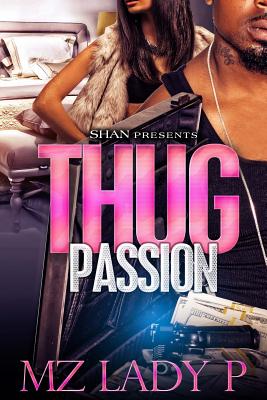
description
um presents twenty-six essays exploring selected literary, visual art, cinematic, and musical representations of homelessness as a theme, a trope, an affliction, a threat, and a condition of alienation in the late modern and postmodern American West. Arranged in alphabetical order, from "Alphabet/Abecedario" to "Zombieland," Tatum's essays aim to discover how his eclectic selection of texts both produce uncanny literary effects and bear witness to the entangled capitalist, geopolitical, and ecological crises that shape our external world and our "unhomely" textual worlds. In keeping with the etymological and conceptual linkage between the unhomely and the uncanny, Tatum's critical meditations focus on both uncanny textual architectures and architecturally unhomely junkspaces of abandonment and ruin, of corporeal displacement, and of cognitive or affective disorientation. And since an emergent unhomely structure of feeling exposes how our lived present is saturated with history's apparitional revenants, this collection of essays--comprising a new lexicon of unhomely Wests--conveys a hauntology underwritten by spectrality as a theme, a trope, an image. Committed to revising the conventional academic text, Unhomely Wests exemplifies Roland Barthes's directive that we consider the alphabetic order as a call to "Cut! Resume the story in another way!"
member goods
No member items were found under this heading.
Return Policy
All sales are final
Shipping
No special shipping considerations available.
Shipping fees determined at checkout.







